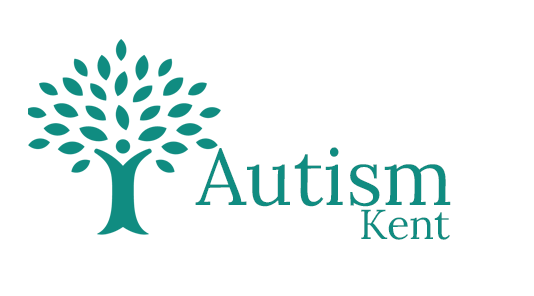What is autism?
Autism is a lifelong developmental condition and affects different people in different ways. People on the autism spectrum are likely to share some of the following challenges:
Social communication and interaction difficulties
Autistic people often struggle to interpret verbal and non-verbal social communication. Experiences sometimes include:
- needing additional time to process what has been said, particularly when in group situations
- preference for clear, unambiguous communication
- challenges with "reading' other people such as understanding tone of voice, facial expressions, body language, and gestures
- differences in their communication such as use of eye contact and facial expressions
- preference for focused or meaningful conversations rather than "small talk"
- preference for fewer friends and time to themselves
- challenges with keeping friendships going
- need to time to themselves after social events such as after social group events, after meeting a friend or at the end of the working day.
Repetitive behaviours and preference for predictability
People with autism often like to have routines or rituals, which can help them to feel that their circumstances are more predictable and less confusing. In a world where there are many unwritten rules and unpredictable events, having particular routines can reduce feelings of stress, overwhelm and anxiety.
Autistic people may also engage in repetitive behaviours or body movements. These behaviours may be subtle and may be enjoyable to the person or may help to reduce feelings of anxiety or stress.
Change in routine and dealing with uncertainty can be very unsettling for people with autism. Adjusting to changes in day to day routine, changes in their usual environment, or changes to planned activities can lead to difficult feelings such as anxiety, stress or anger.
Sensory sensitivities
Many people with autism experience a heightened sensitivity to sounds, tastes, smells, textures or visual stimuli such as light or particular shapes/patterns. Sometimes these sensory sensitivities can be distracting or can become unbearable/repulsive. The person may avoid particular situations or particular objects so as to avoid sensory overload, overwhelm or burnout.
People with autism can also be drawn to particular sensory stimuli, such as certain fabrics and textures.
Focused passions
Often from a young age, people with autism often develop interests or passions. Autistic people often have a high level of knowledge about their areas of interest and enjoy talking to other people about these interests. These passions can often take up a lot of their time and can provide a great deal of enjoyment, relaxation and comfort.
If you're ready to take the next step, or if you have any questions, we're here to help. Call us on 01227 656953 or email us at
We are in Whitstable, Kent, which is within easy reach of Canterbury, Faversham, Herne Bay, Maidstone, Medway, Ashford, Sittingbourne, Thanet, Dover and Deal.
 Sidebar Menu
Sidebar Menu








